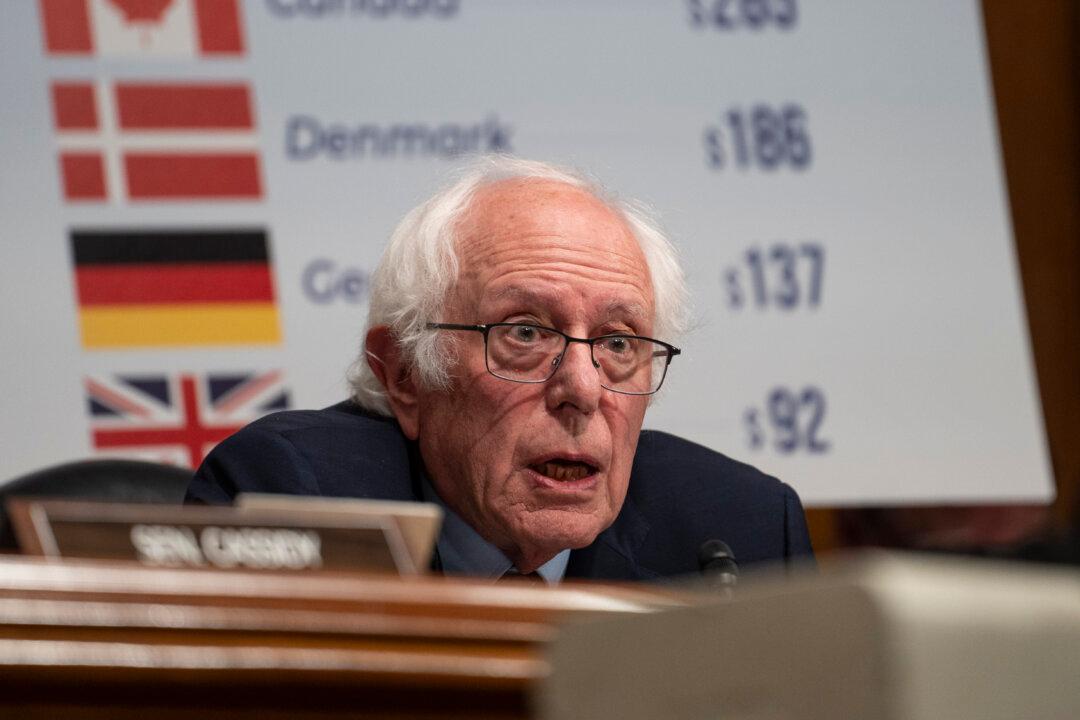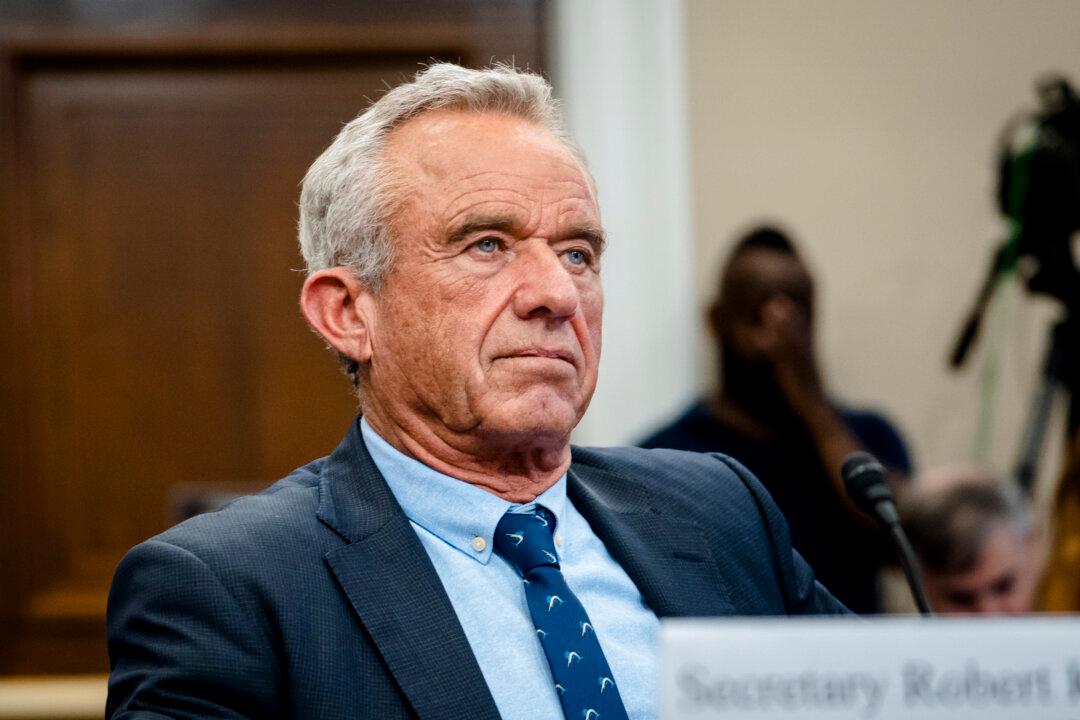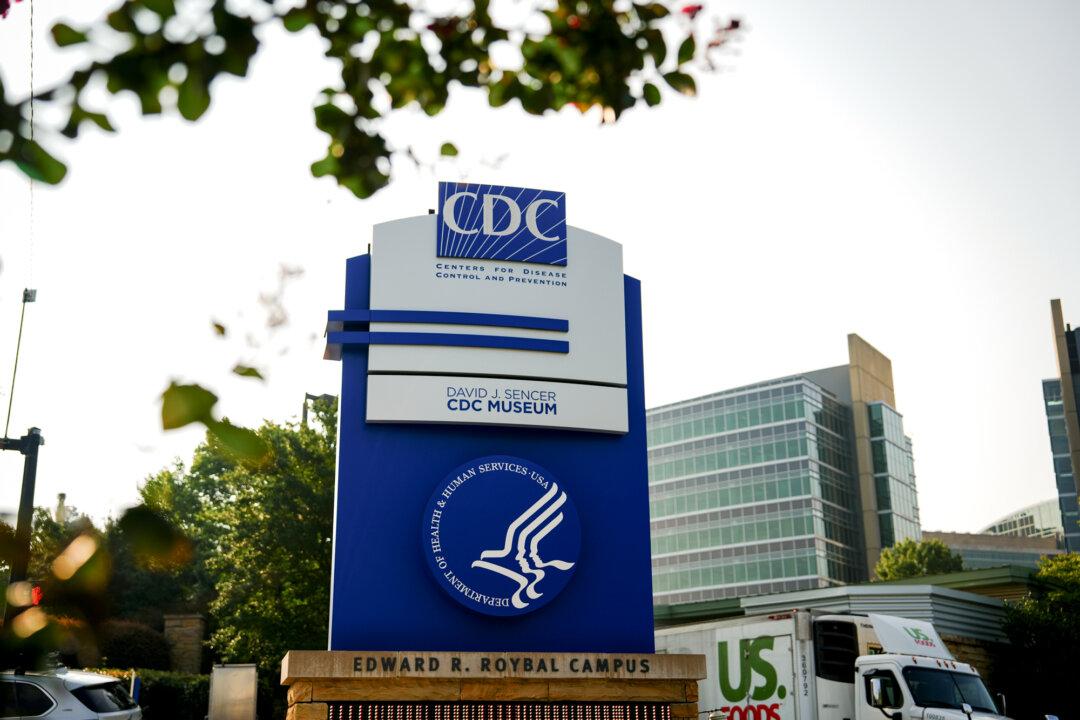A new top Food and Drug Administration (FDA) official said on May 8 that vaccines are good but that they need to be backed by evidence.
In his first comments since being named the director of the FDA’s Center for Biologics Evaluation and Research (CBER), Dr. Vinay Prasad said that the FDA is going to have a standard of “solid evidence” when dealing with vaccines.
“I think vaccines are like drugs, which is that when given at the right time and the right moment to the right person, they’re life-saving,” Prasad said. “But just like drugs, they need to be evaluated on a case-by-case basis, and always take into the context that you’re giving.”
Prasad has been a consistent critic of the government’s stance on COVID-19 vaccines, which in the past included vaccine mandates and currently recommends at least one dose annually for Americans aged 6 months and older.
Health Secretary Robert F. Kennedy Jr. has said that officials are reviewing the placement of COVID-19 vaccines on the Centers for Disease Control and Prevention’s childhood vaccination schedule because they may not belong there.
“Marty and I, throughout the pandemic, we were proponents of vaccines for the people in whom it had a huge benefit, but we were always a bit skeptical from a scientific standpoint about perhaps overdoing it in some low-risk populations,” Prasad said on Wednesday.
Questioning that “is not anti-vax, it’s pro-science,” he added later.
Before joining the agency, Prasad was a professor at the University of California, San Francisco, and a hematologist-oncologist at the San Francisco General Hospital. He said that he thinks he has administered more vaccines than many doctors, given how many of his patients have compromised immune systems following transplants.
“You need to give these patients vaccines,” Prasad said. “So we love vaccines when done right, when given appropriately, when based on solid evidence, and we’re going to hold up that standard at FDA.”
“It needs to either remove itself from the picture, or demand randomized trials measuring appropriate endpoints,” he said.
The FDA is currently considering whether to license Novavax’s COVID-19 vaccine and whether to clear updated COVID-19 shots from Novavax, Pfizer, and Moderna. Makary recently indicated that clearance will not happen unless the companies present clinical data supporting updated formulations, which was not provided when the FDA approved and authorized the vaccines in 2023 and 2024.
The new CBER head also said that in some cases, clinical trials would be difficult or impossible to complete, such as for rare diseases. He said that the FDA is going to have a “flexible regulatory standard” that takes into account “the context of a disease.”




